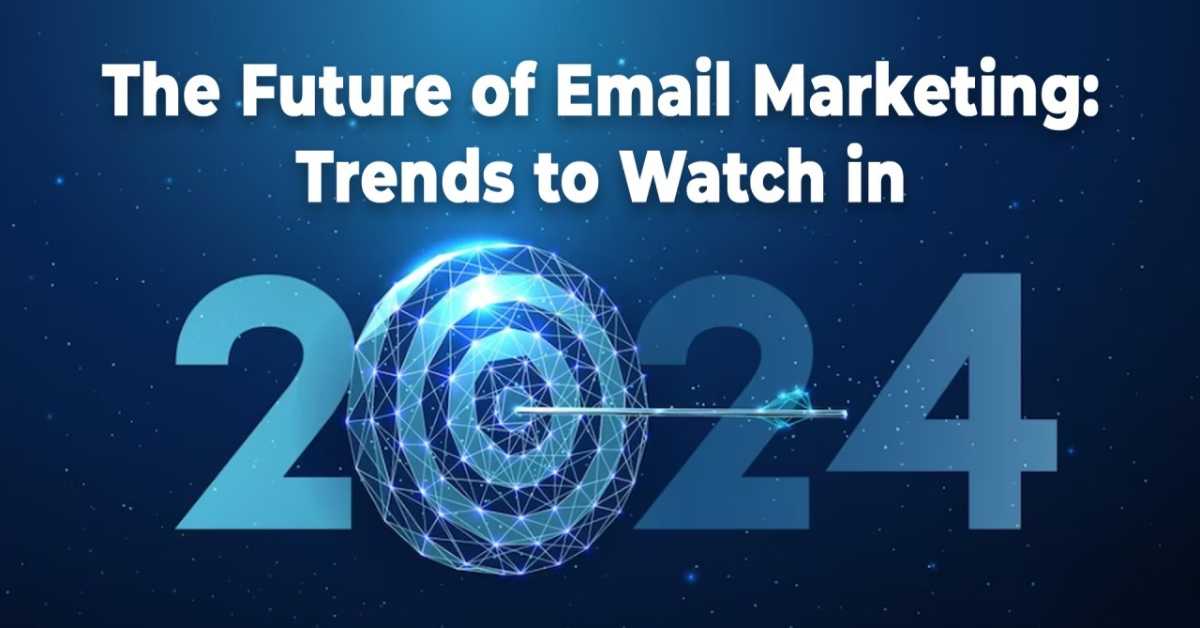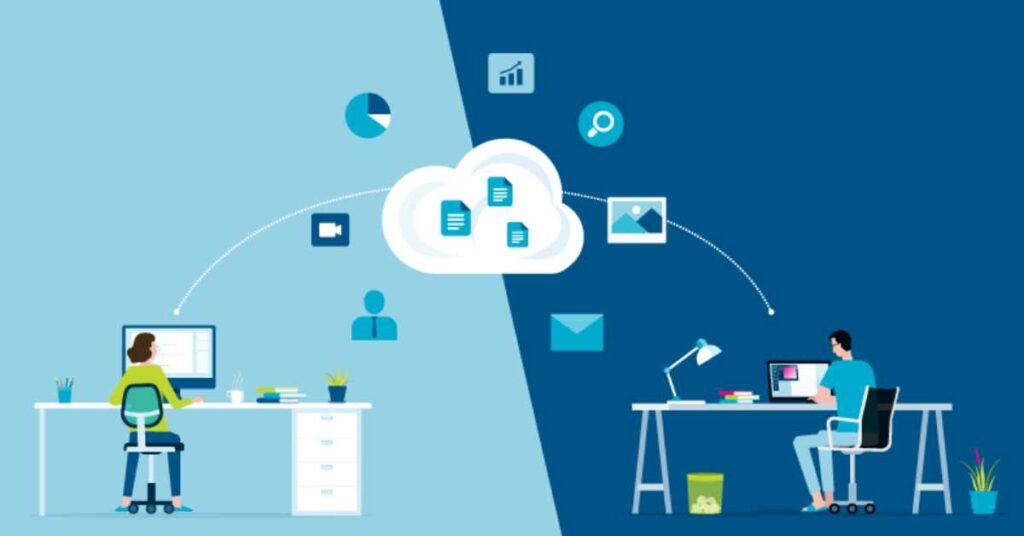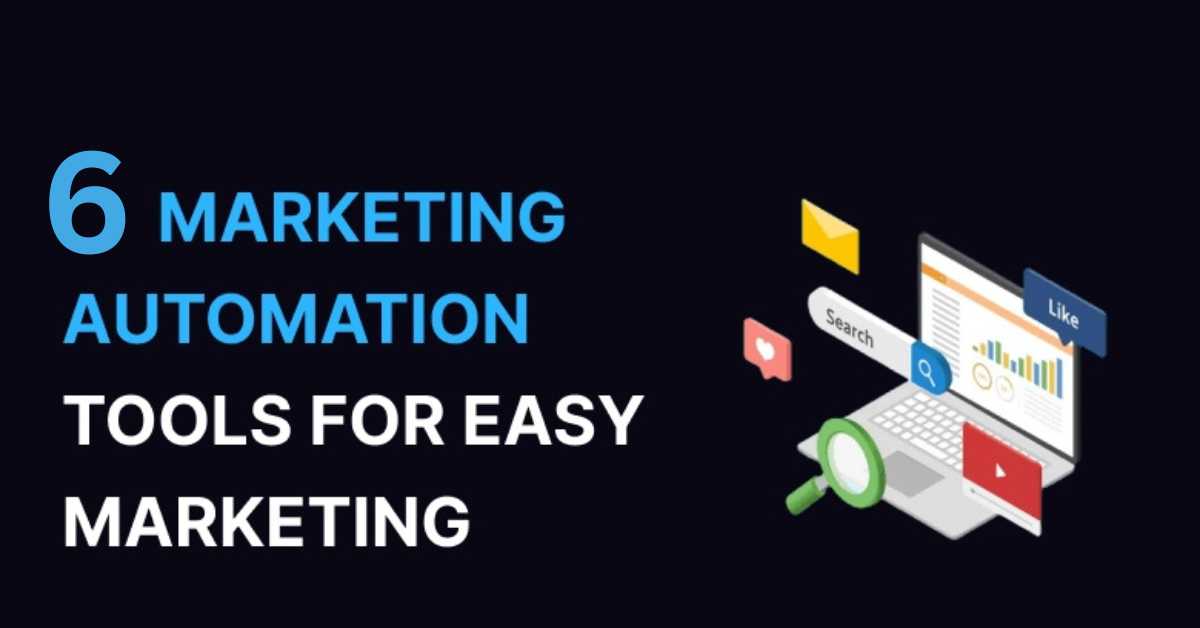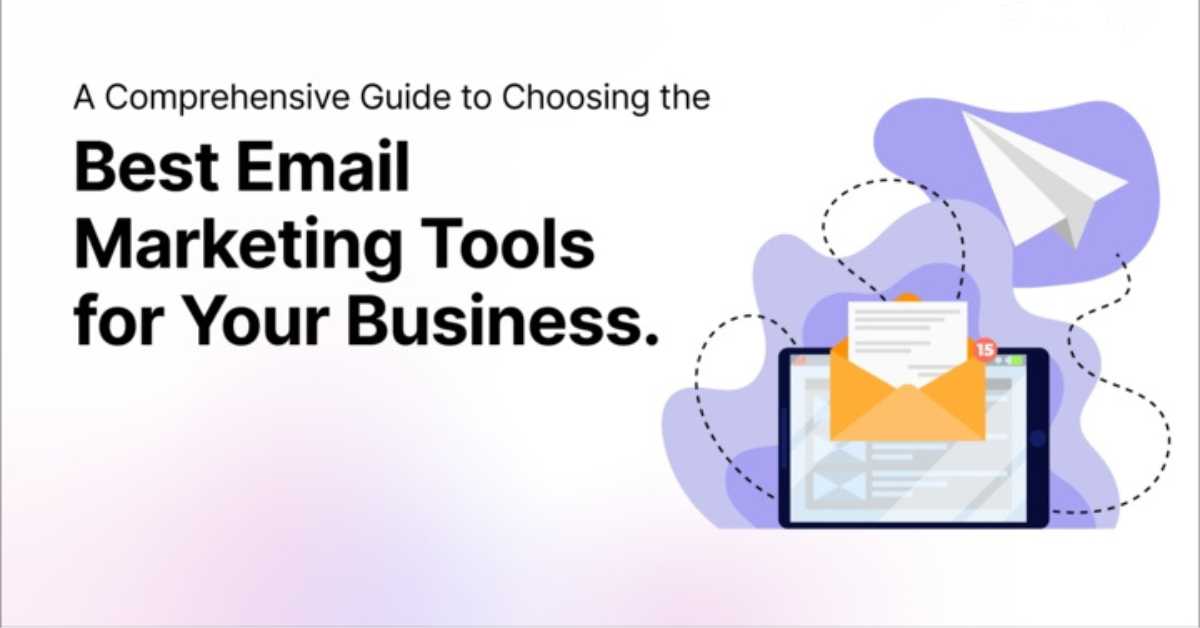Email: [email protected]


Serverless computing revolutionizes cloud computing by freeing businesses from infrastructure management, enabling focus on application development. This shift allows companies to write and deploy code without worrying about server provisioning, scaling, or maintenance. Resources are allocated on-demand, and costs are tied to actual usage, increasing efficiency, reducing costs, and enhancing scalability.
As serverless computing gains traction, it will drive innovation, agility, and productivity. Businesses can leverage serverless architecture to build and deploy applications faster, improving time-to-market and competitiveness. Serverless computing simplifies cloud computing, enabling businesses to innovate and grow without infrastructure constraints.
The multi-cloud or hybrid cloud approach is gaining popularity, enabling businesses to leverage multiple cloud providers’ strengths and avoid vendor lock-in. This strategy optimizes cloud infrastructure, improves flexibility, and enhances disaster recovery. By distributing workloads across multiple clouds, businesses reduce dependence on a single provider, minimize downtime, and ensure scalability.
Hybrid cloud solutions integrate on-premises infrastructure with cloud-based services, providing a unified IT environment. As cloud computing evolves, adoption of multi-cloud and hybrid cloud strategies is expected to rise, driving innovation and growth, and enabling businesses to stay agile and competitive in a rapidly changing market.
Artificial intelligence (AI) and machine learning (ML) are transforming cloud computing, enabling businesses to unlock new insights, automate processes, and drive innovation. Cloud-based AI and ML services provide scalable infrastructure, advanced algorithms, and vast data storage, simplifying the development of intelligent applications.
AI and ML enable businesses to analyze vast data, identify patterns, and make predictions, leading to improved decision-making, enhanced customer experiences, and increased efficiency. As AI and ML evolve, cloud computing will enable widespread adoption, driving growth and unlocking new possibilities, while enabling businesses to tap into new revenue streams and stay competitive.
Cloud disaster recovery is crucial for business continuity, enabling swift recovery from outages, data losses, and disruptions. Cloud-based solutions offer secure, scalable, and cost-effective alternatives to traditional on-premises solutions. With cloud disaster recovery, businesses can ensure seamless failover, automated backup, and rapid restoration of critical systems and data, minimizing downtime and data loss.
Real-time data replication, automated testing, and flexible deployment options are also provided. As businesses rely on cloud computing, cloud disaster recovery will become a top priority, driving demand for innovative solutions and services that enhance resilience, reduce risk, and ensure always-on availability.
As environmental concerns grow, cloud providers are prioritizing sustainability, driving eco-friendly cloud infrastructure. Expect increased investment in renewable energy sources, energy-efficient data centers, reduced water consumption, and waste reduction programs. This shift will reduce cloud computing’s carbon footprint, provide cost savings, and enhance brand reputation. Businesses will demand sustainable cloud solutions, driving innovation and growth.
By adopting sustainable cloud practices, organizations can contribute to a more environmentally friendly future while improving their bottom line. Sustainable cloud computing will become a key differentiator, enabling businesses to meet their environmental, social, and governance (ESG) goals while driving business success.
The Internet of Things (IoT) is revolutionizing cloud computing by connecting devices, sensors, and systems to the cloud, enabling businesses to collect and analyze vast data amounts, gain insights, and automate processes. IoT devices generate massive data that can be processed and stored in the cloud, enabling real-time monitoring, predictive maintenance, and informed decision-making.
Cloud-based IoT solutions support growing demands for data processing, storage, and analytics. Businesses leverage IoT and cloud computing to drive innovation, improve efficiency, and create new revenue streams. The IoT-cloud combination will unlock new possibilities and drive business success as IoT continues to grow.
Cloud computing introduces security risks, including data breaches, unauthorized access, data loss, inadequate access controls, insufficient encryption, infrastructure vulnerabilities, denial of service attacks, malware, insecure APIs, lack of visibility, and compliance risks. To mitigate these risks, implement robust security measures like encryption, access controls, and monitoring. Choose cloud providers prioritizing security and compliance.
Understanding these risks enables businesses to proactively protect data and applications, ensuring confidentiality, integrity, and availability. Effective cloud security prevents data breaches, reduces downtime, and maintains customer trust. By addressing these risks, businesses can confidently leverage cloud computing’s benefits while minimizing security threats.
The future of cloud computing is exciting and rapidly evolving, offering opportunities for innovation, growth, and success. By embracing these trends, organizations can stay ahead, unlock cloud potential, and achieve goals. Cloud computing will drive innovation, growth, and digital transformation. To remain competitive, businesses must prioritize cloud adoption, invest in cloud security, and develop cloud-native applications.
This will unlock scalability, flexibility, and cost-effectiveness, driving new revenue streams, improved customer experiences, and enhanced operational efficiency. The cloud’s possibilities are endless, shaping the future of business and driving success.
SEE ALSO: Artificial Intelligence in Healthcare: Applications and Benefits.












To provide the best experiences, we and our partners use technologies like cookies to store and/or access device information. Consenting to these technologies will allow us and our partners to process personal data such as browsing behavior or unique IDs on this site and show (non-) personalized ads. Not consenting or withdrawing consent, may adversely affect certain features and functions.
Click below to consent to the above or make granular choices. Your choices will be applied to this site only. You can change your settings at any time, including withdrawing your consent, by using the toggles on the Cookie Policy, or by clicking on the manage consent button at the bottom of the screen.
